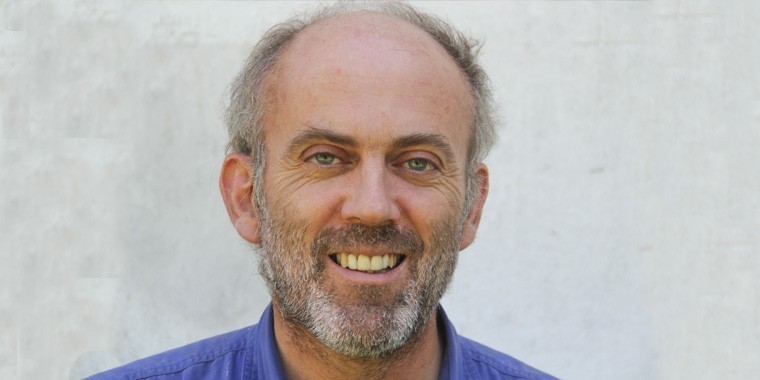To the Laughton and District Ploughing Match, although for how much longer such a greenhouse gas-emitting activity as ‘ploughing’ will be legal only time will tell.
Amongst the tractors there was one fine pair of horses pulling a plough, so at least no diesel was being burnt in that case. But even with a horse, soil is still being inverted, so vast amounts of climate-changing carbon are being released into the atmosphere. And the horse also needs to be fed on grain throughout the year, which only adds further to the carbon footprint of those large ‘foot’ prints.
On display at the event were several ‘min-till’ tools which promise to reduce the amount of carbon that arable farming emits during the cultivation required to grow a crop.
Promised government subsidies to adopt min-till under the proposed Environmental Land Management scheme will, no doubt, decide the degree to which we buy these expensive bits of kit, but I can’t say that the prospect of a ‘min-till match’ replacing a ‘ploughing match’ exactly sets my pulse racing.
Most of the talk at the event was not about carbon dioxide but the spiralling cost of nitrogen and phosphate. Arable farmers, of course, buy these two essential plant nutrients in vast quantities as fertilisers.
Unfortunately, nitrogen fertiliser is made from natural gas, the price of which has nearly quadrupled this year. The world is also rapidly running out of phosphate, so the cost of that is skyrocketing as well. That explains why, despite current high grain prices, the mood among farmers in the various tents at the event was distinctly subdued.
There were also grumbles that the 2021 grain harvest had been a disappointment in the South East. Good-looking crops had only produced modest yields, with spring barley particularly disappointing in both quantity and quality. Was it dry spells that had affected yields, we pondered? Was it a lack of sunshine in mid-summer that had done the damage? Or are ever-warming temperatures and other atmospheric changes starting to limit the potential of our crops?
One thing that everyone was agreed on, however, was that the rapid run down in BPS payments over the next five years represents a potential economic crisis for all arable farmers.
One cereal grower I spoke to informed me that, with a six-figure rent to pay and the BPS removed from his accounts, he would have lost £70,000 this year. He described arable farming for a tenant farmer as a ‘treadmill’.
But, of course, like the rest of us at the event, he has no intention of stepping off the treadmill. Despite the environmental concerns about what we do and the economic hazards that we face, we chatted animatedly to our farming peers or those staffing the trade stands.
As I left the event to go home to do some ploughing of my own, I watched the judges and stewards enthusiastically inspecting the neat furrows left by the competitors. This pretty bucolic downland scene reminded me that arable farming is more about the love of what we do than any profit that we might earn from it.




